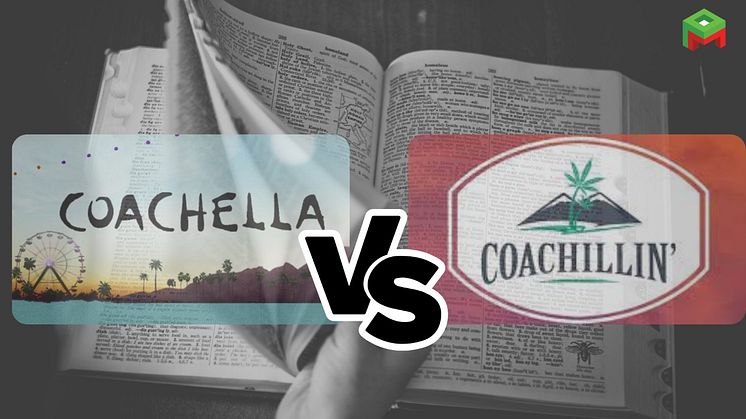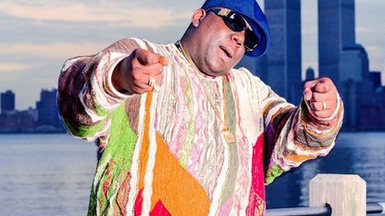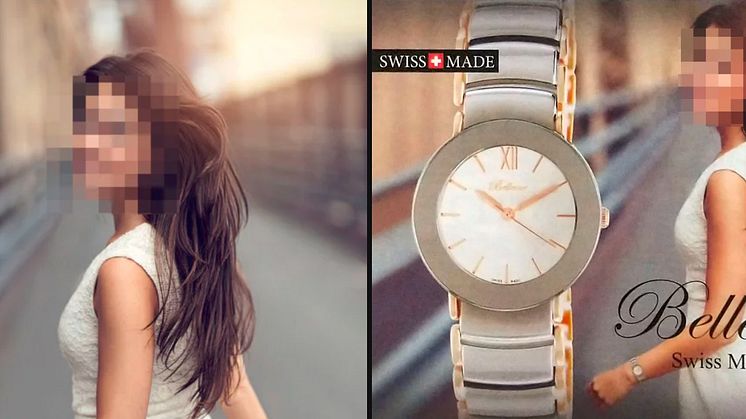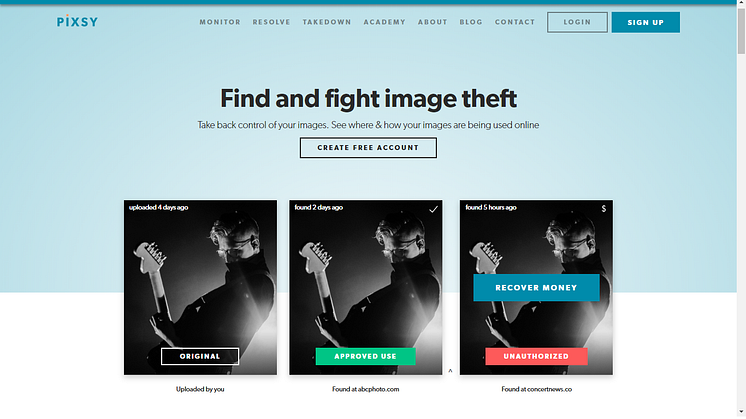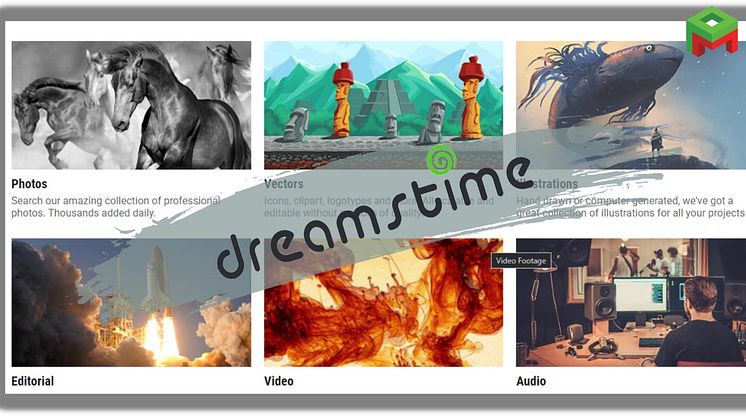
News -
Dreamstime launches new tool to help, educate and persuade naive copyright infringers
Dreamstime, one of the world’s leaders in photo licensing, has introduced LicenseGuard, a proprietary copyright tracking tool that seeks to resolve disputes by offering cost-effective licensing as well as education.
The tool will use AI-powered scanning technology, cutting-edge image recognition algorithms, and human assessment to track, detect, and flag potentially unlicensed uses of the agency's visual content throughout the web.
LicenseGuard will consider a first-time or accidental offender’s infringement a genuine mistake, and they can simply remove the image. It will then offer a “special version” of its regular image license that covers post-usage permission.
Dreamstime, with 190 million images in its library from 875,000 contributors, intends to woo the infringers to sign up as clients, provide education about best practices, and also offer higher royalty rates, rather than creating an adversarial relationship.
It believes that individuals or small companies who purchase themes that use stock images have little to no knowledge of copyright laws and, hence, are ideal long-term customers.
But how does Dreamstime differentiate itself from similar service providers like CopyTrack, Getty Images, ImageRights, PicScout, Pixsy, and PhotoClaim?
As photographers frequently face copyright infringement of their photos online, all these service providers scour the internet for instances where unlicensed images have been published.
However, the ensuing action is where Dreamstime's LicenseGuard stands out. In contrast to others, which place a strong emphasis on attempting to negotiate sizable settlements from alleged infringers, it seeks to be more educational in character.
For instance, when Getty Images detects an infringement, the company's legal department sends a threatening letter demanding payment of more than US$1000, for an image license that generally costs under US$50, or legal action would be taken.
Another company, Pixsy, an image copyright protection platform, acts as “copyright agents,” which aims to find alleged online copyright infringement and “takes action” on behalf of photographers while keeping 50% of the money recovered as fees.
Dreamstime has clarified that it will take legal action against those who ignore previous warnings and continue with their infringing activities.
Dreamstime said they are “currently testing various pricing schemes for this special license” and it “may decide to alternate pricing based on infringement’s severity and/or whether it was an accident or a known act.”
Dreamstime CEO Serban Enache said: “A staggering percent of the images used online are misused, whether we are talking about willfully unlicensed or accidental usages, one-time or repeat offenders. Establishing Small Claim Courts has been a huge step in enforcing intellectual property rights for content creators.”
As individual creators find it difficult to deal with infringements that happen outside their country, the CEO believes his company offers “a tool that builds upon an already existing image catalog and reaches worldwide to educate on copyright and supply reasonable settlement solutions before moving to further legal actions for content creators and infringers.”
PitchMark helps innovators deter idea theft, so that third-parties that they share their idea with get the idea but don’t take it. Visit PitchMark.net and register for free as a PitchMark member today.


